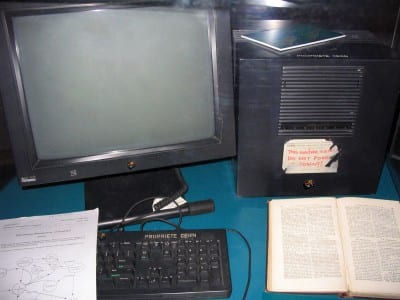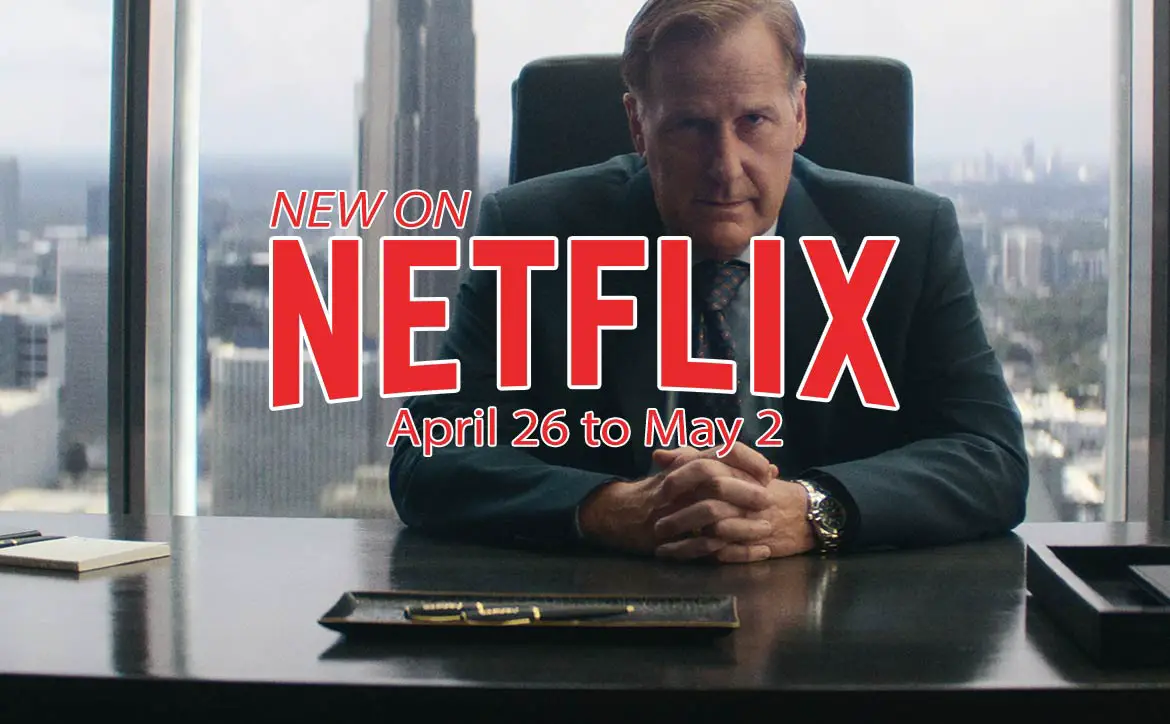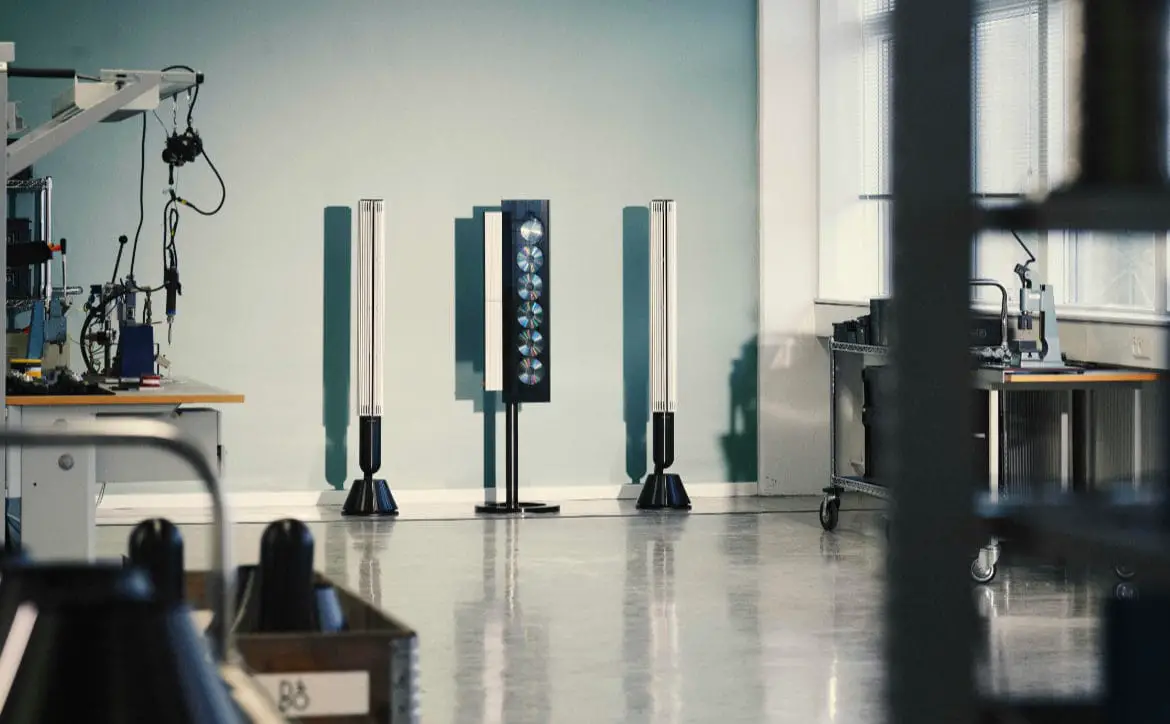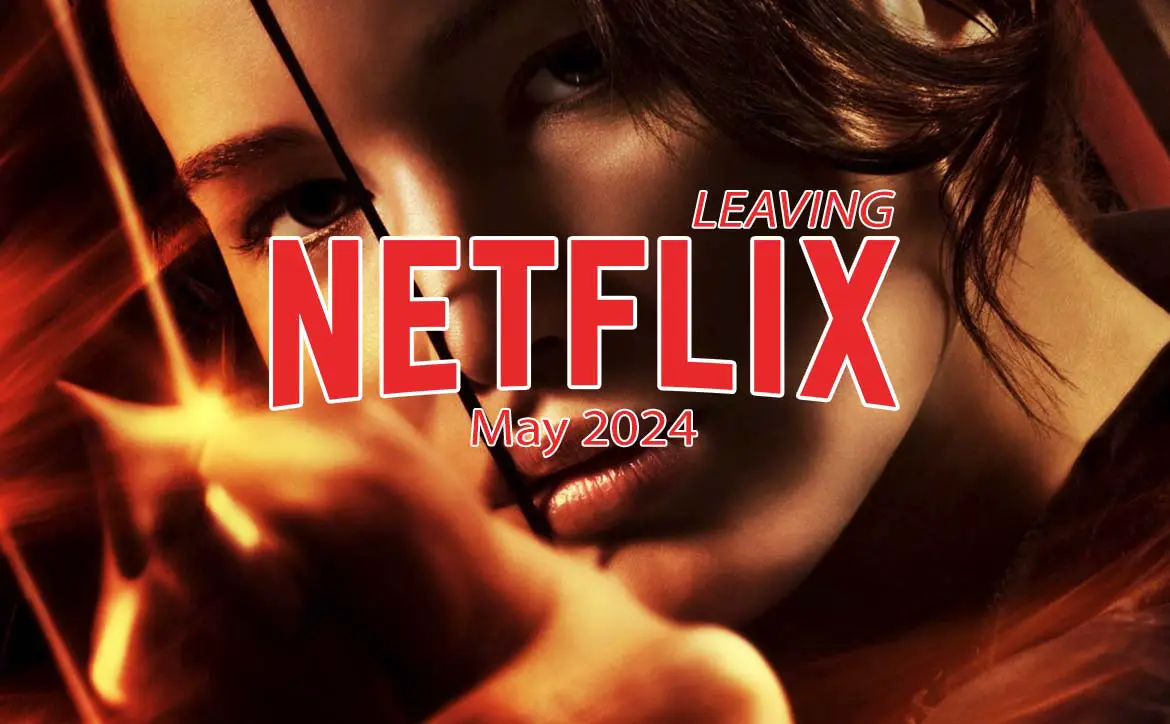 Twenty five years ago today, while working as an independent contractor at the European Organization for Nuclear Research (CERN), Sir Tim Berners-Lee wrote a proposal to improve how information flowed between the CERN computers. This proposal would soon become the basis for the World Wide Web, and Berners-Lee would go on to become known as the inventor of the Internet that we know and love today. That’s right, the magic that lets me listen to streaming music while I write up this post for a website focused on covering the technology that sprang from this marvelous invention is only a year younger than I am!
Twenty five years ago today, while working as an independent contractor at the European Organization for Nuclear Research (CERN), Sir Tim Berners-Lee wrote a proposal to improve how information flowed between the CERN computers. This proposal would soon become the basis for the World Wide Web, and Berners-Lee would go on to become known as the inventor of the Internet that we know and love today. That’s right, the magic that lets me listen to streaming music while I write up this post for a website focused on covering the technology that sprang from this marvelous invention is only a year younger than I am!
 Berners-Lee used a NeXT computer system while at CERN. The computer was manufactured by NeXT, Inc, a little-known and short-lived company founded and operated by Steve Jobs and veterans of the Macintosh and Apple Lisa teams after Jobs resigned from Apple in 1985. Berners-Lee’s NeXT computer, pictured, would become the world’s first web server.
Berners-Lee used a NeXT computer system while at CERN. The computer was manufactured by NeXT, Inc, a little-known and short-lived company founded and operated by Steve Jobs and veterans of the Macintosh and Apple Lisa teams after Jobs resigned from Apple in 1985. Berners-Lee’s NeXT computer, pictured, would become the world’s first web server.
In a guest blog post on the Official Google Blog, the distinguished Berners-Lee called attention to the ability of the Internet to be a force for global change, saying:
This decision enabled tens of thousands to start working together to build the web. Now, about 40 percent of usare connected and creating online. The web has generated trillions of dollars of economic value, transformed education and healthcare and activated many new movements for democracy around the world. And we’re just getting started.
He also called for net neutrality to be implemented soon. Noting in his blog post that CERN declared at its inception that the World Wide Web would be royalty-free, for everyone, forever, the scientist pressed:
On the 25th birthday of the web, I ask you to join in—to help us imagine and build the future standards for the web, and to press for every country to develop a digital bill of rights to advance a free and open web for everyone.
A digital Bill of Rights to protect users’ freedoms has been sought after in recent history, in part because of the recent and continued leaks by Edward Snowden on world governments surveiling their citizens and other countries alike. A digital Bill of Rights could also help bring the power of the Internet to the millions of other people in developing nations and remote locations, the Internet’s founder argues.
Berners-Lee goes on to raise concerns that we should all be more interested and active in deciding how the Internet is shaped, who it is shaped by, and how it is potentially legislated, as we are all users of the Internet and are affected by its development, both past and future.
You can read Sir Tim Berners-Lee’s proposal here, or you can join in the celebration of the Internet’s 25th birthday over at WebAt25.org!
Image Sources: The Guardian, Wikipedia, WebAt25.org
Last Updated on July 4, 2014.










